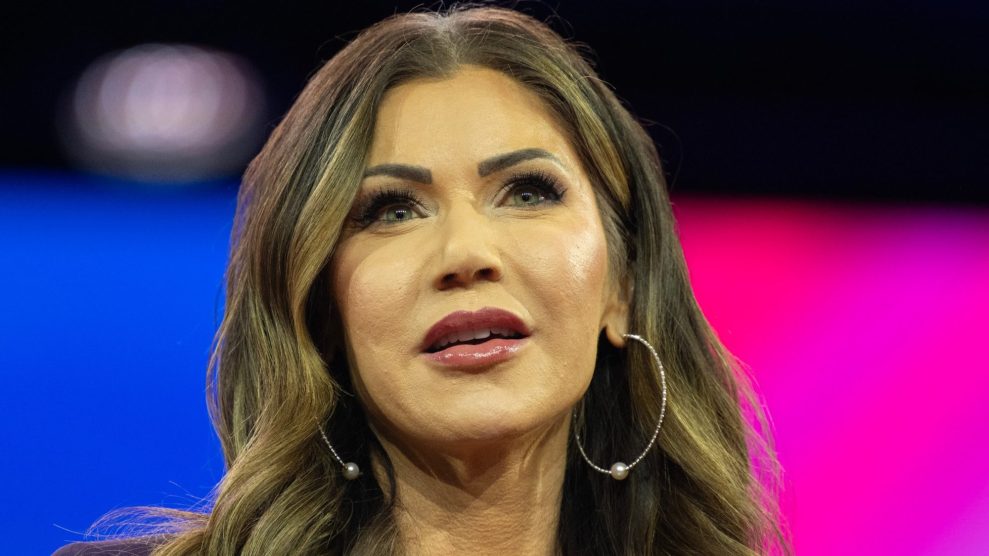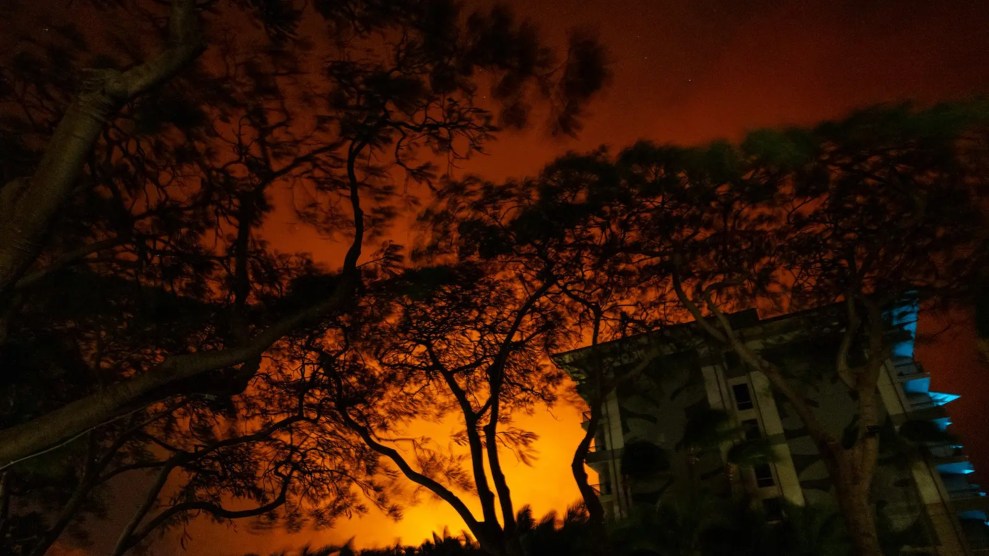|
||||||
A Reuters cameraman, Mazen Dana, was shot and killed by U.S. soldiers on the outskirts of Baghdad on Sunday. According to eyewitnesses, the 43-year old Palestinian journalist was shot in the chest by a tank crew taking part in an operation outside the Abu Ghyriab prison. Mazen had earlier received permission to film in the area and several other reporters who were filming nearby were unhurt.
The army maintained that the soldiers mistook Dana’s bulky camera for a rocket-propelled grenade (RPG) launcher and acted accordingly. A military spokesman apologized for the killing, but tried to justify it within the context of the ongoing guerilla war in Iraq. “During war time, firing a warning shot is not a necessity. There is no time for a warning shot if there is potential for an ambush,” said Colonel Guy Shields. “I can assure that no one probably feels any worse than the soldier who fired the rounds.”
The death of Dana, an award-winning journalist who had spent nearly a decade covering the Israeli-Palestinian conflict, was a sad reminder of the dangers of reporting from a war zone. But it also highlighted the particular risks of being a journalist in Iraq, where the U.S . military is coming under increasing pressure from press freedom groups to clean up its act. Dana is the eleventh journalist to die in combat in Iraq since the U.S. invasion in March. That makes Iraq one of the world’s most dangerous places for journalists, outranking perennial hot spots like the West Bank and Colombia. Of the reporters who have been killed in Iraq, four (excluding Dana) were killed by U.S. forces.
Reuters, the Committee to Protect Journalists and Reporters Without Borders have called for the U.S. to fully investigate Dana’s death. The International Federation of Journalists joined the calls to end the Pentagon’s “casual disregard for media safety.” But given the military’s record to date of looking into its treatment of journalists in Iraq, there is reason to suspect that it will dismiss this incident as another unfortunate yet excusable slip-up. Last week, U.S. Central Command announced the final results of its review of the April 8 incident in which an American tank killed two journalists when it fired a shell at the Palestine Hotel in downtown Baghdad. The report found that the soldiers had acted in self-defense and followed the rules of engagement. Reporters Without Borders secretary-general Robert Ménard decried the report for “shamelessly exonerat[ing] the US army” and accused the army of other uninvestigated abuses of journalists. In the past two months, the military reportedly detained Iranian and Turkish journalists and roughed up and arrested a Japanese reporter filming a raid in Baghdad.
Most perpetrators of abuses against journalists go unpunished, and Mazen Dana was used to this unfortunate reality. A resident of Hebron, he spent most of his career working in the West Bank, where he was frequently caught up in the conflict he was covering. In 2001, the Committee to Protect Journalists awarded him its International Press Freedom Award for his determination to keep working despite several close calls. Its Web site describes some of the abuse he endured on the job:
In May 2000, Dana was shot in the leg with a rubber-coated bullet while filming Palestinian youths throwing rocks at Israeli soldiers. Two months later, Jewish settlers beat him unconscious while he tried to film a conflict. The next day, an Israeli police officer slammed Dana’s head in the rear door of an ambulance while he was filming the evacuation of a Palestinian youth wounded in clashes. Dana was shot again last October, in the same leg, two days in a row.
Dana accepted the risks inherent to reporting in a combat zone, but he also understood that some of those risks are caused by combatants who either disregard journalists’ noncombatant status or see them as legitimate targets. But getting the story, he told CPJ, was ultimately worth the danger:
[A]ll journalists have a message, and they carrying the message. They are not part of the story of the conflict. They are filming what’s going on. And journalists and especially the camera man showing the people the truth. My motive to be and to continue my work even if it is costed for me a lot of problems, and a lot of injury, my motive to continue my work, even if it cost me my life, because journalists have a message, and they carrying the message.
“Freedom,” said Dana, “means to me, to work in free, no one bother you, no one beat you, no one shoot you, no one insult you.”















